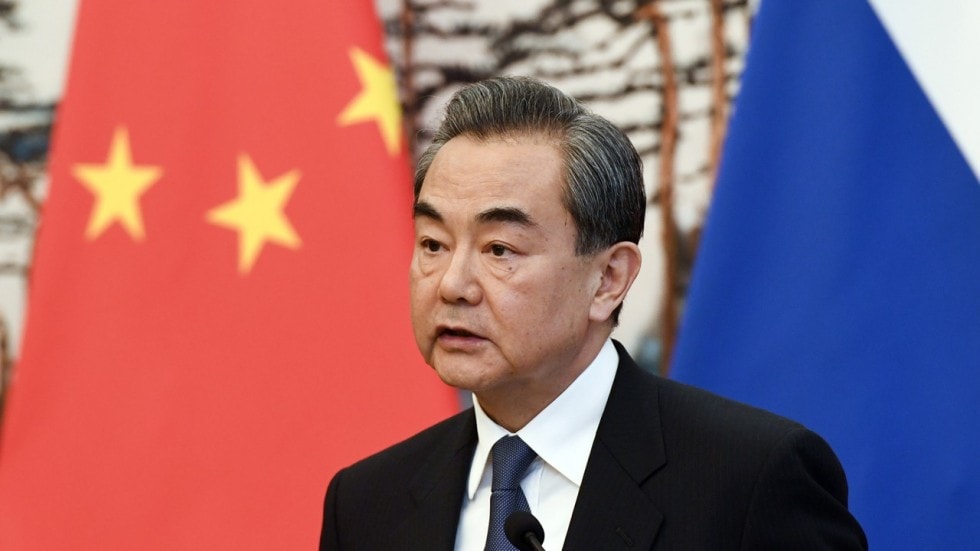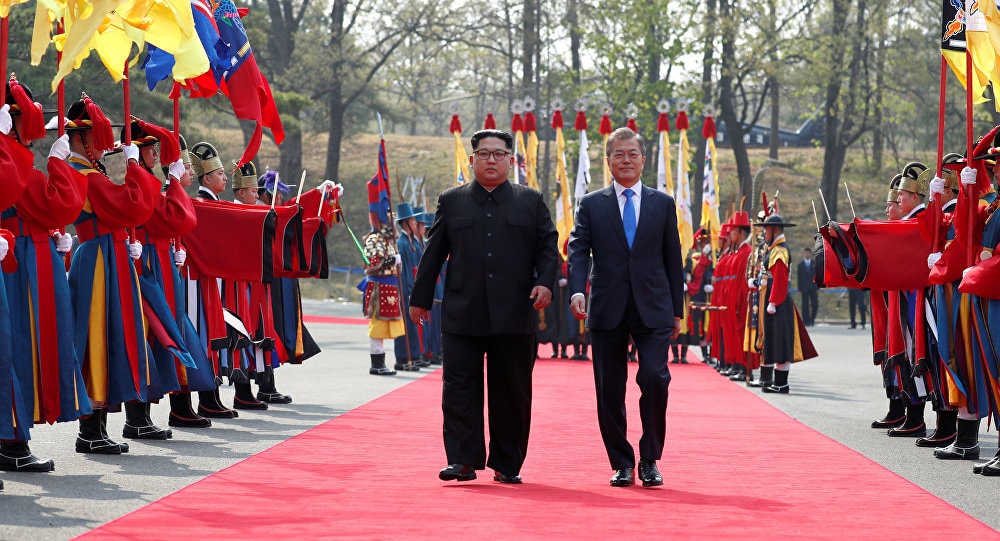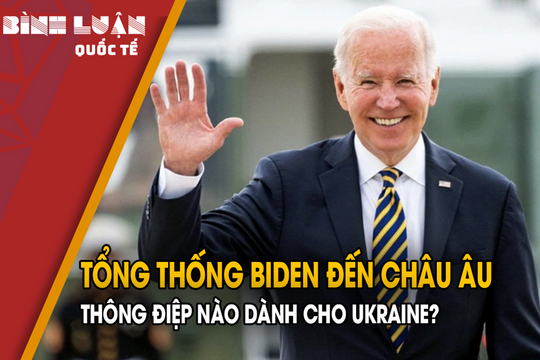China begins to "join the game"
(Baonghean) - The Chinese Foreign Minister is visiting North Korea for the first time since 2007. In the context of the successful third inter-Korean summit, the US and North Korea are also preparing for a summit in the next 3-4 weeks, the Chinese Foreign Minister's visit carries many messages to Pyongyang.
 |
| Chinese Foreign Minister Wang Yi visits North Korea for the first time since 2007. Photo: AFP |
China and North Korea come closer
Chinese Foreign Minister Wang Yi’s visit to North Korea this time is considered a quick and somewhat unexpected decision. This is the first time in more than 10 years that a Chinese Foreign Minister has visited North Korea. China has been a close ally of North Korea for decades, but this relationship has been seriously damaged, especially since leader Kim Jong-un took power in 2011.
Pyongyang appears to be looking for a way to “escape China” while Beijing appears to be running out of patience with its neighbor’s missile and nuclear tests and joining UN sanctions.
Bilateral diplomatic activities have thus become rare and often stop at the special envoy level of the two countries' leaders. Recently, this relationship has been "fueled" by North Korea's open diplomatic moves and the warming of inter-Korean relations with bustling diplomatic activities. To be more precise, the two important events, the inter-Korean summit and the planned US-North Korea meeting, are the "excuse" for Beijing and Pyongyang to move closer.
Last March, North Korean leader Kim Jong-un visited China, creating a new turning point in China-North Korea relations. This visit is believed to be aimed at seeking China's support for important diplomatic events between North Korea, South Korea and the United States. Following this momentum, Chinese Foreign Minister Wang Yi's visit to North Korea is also intended to discuss issues surrounding North Korea's past and future diplomatic events.
First, the head of the Chinese Foreign Ministry will be briefed by the North Korean side on the main content of the recent inter-Korean summit and will discuss with the Pyongyang government the upcoming US-North Korea summit. Second, Wang Yi's visit could set the stage for Chinese President Xi Jinping's visit to North Korea at the invitation of leader Kim Jong-un, which is expected to take place this year.
On the surface, however, the Chinese Foreign Minister’s visit to North Korea at this sensitive time may have other deeper messages. During the inter-Korean summit last weekend, China remained silent. Afterwards, the country’s Foreign Ministry issued a short statement “welcoming” the results of the summit and China “willing to continue to play a positive role.” It is understandable that for China, the ups and downs of inter-Korean relations do not have much impact on the regional balance of power and Beijing’s security. What this country cares about most is the US-North Korea relationship and the issue of denuclearization of the Korean Peninsula.
 |
| Wang Yi's visit to North Korea follows a summit between North Korean leader Kim Jong-un (left) and South Korean President Moon Jae-in. Photo: Reuters |
Can't stand on the sidelines
Many observers have commented that in recent discussions about the future of the Korean peninsula, China seems to be “standing on the sidelines.” This comment is certainly well-founded.
First, it is undeniable that due to the common interests between Pyongyang and Beijing, bilateral relations have improved significantly. But North Korea seems to be aiming for a balanced relationship with major powers rather than being dependent on any one country. The improvement in relations with the US and South Korea is the clearest evidence of that. At least economically, North Korea can easily compensate for China's withdrawal with investments from South Korea, Japan, and the US.
Second, compared to the US and South Korea, China is basically still sitting on the “bench” in the upcoming negotiations regarding the future of the Korean Peninsula. This is clearly seen in the Panmunjom joint statement last week, where South Korea and North Korea agreed to promote trilateral meetings, including the two Koreas and the US, to declare an end to the war and establish a permanent peace. The statement only mentioned the “possible” possibility of a four-party meeting including China. Another detail that has also attracted media attention is that right after the inter-Korean summit, the South Korean President had phone calls with the leaders of the US, Japan, and Russia to announce the results of the meeting, but so far the Blue House has not made a phone call with Chinese President Xi Jinping.
Third, at the recent inter-Korean summit, North Korean leader Kim Jong-un announced that he would give up nuclear weapons if the US agreed to formally end the Korean War and pledged not to invade the country. Previously, the country often made the condition that nuclear weapons would only be dismantled once the US withdrew its troops and military presence from South Korea - a condition that China agreed to. Beijing once proposed a "two pause" initiative, in which North Korea would suspend the development of nuclear weapons and ballistic missiles, while the US and South Korea would suspend joint military exercises. Clearly, Kim Jong-un's latest statement not only demonstrates his policy autonomy from the US but also shows that Pyongyang is changing its stance.
This situation is clearly disadvantageous to Beijing because the nuclear crisis on the Korean Peninsula has a huge impact on China's national interests, regardless of which way it goes. Faced with such rapidly changing developments, Foreign Minister Wang Yi's visit to North Korea this time shows that China does not want to be left out of the story related to North Korea and let the US dominate at home. China, a party to the Korean War (1950-1953), will not easily "lose" its important role in declaring an end to the state of war and establishing permanent peace on the peninsula.
Objectively, given its position and influence in Northeast Asia as well as its existing relationship with North Korea, any plan to resolve the nuclear issue on the Korean Peninsula would be difficult to implement without China’s cooperation. Therefore, Beijing will take every opportunity to influence the outcome of the upcoming US-North Korea summit, and at the same time regain its role and influence in the future of the Korean Peninsula.

.png)






